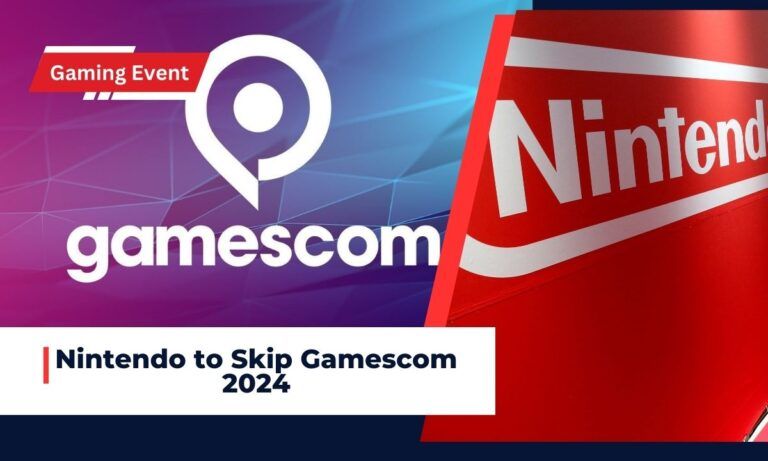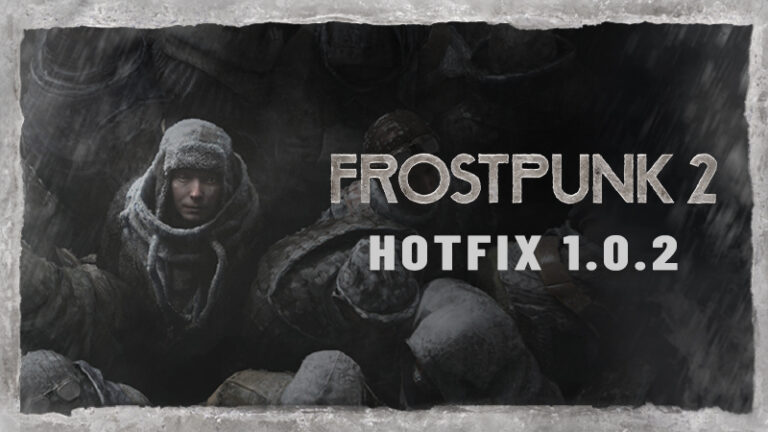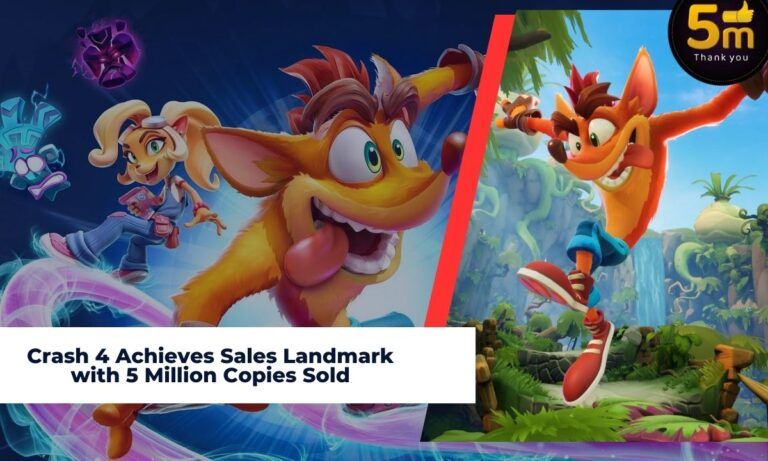Bungie Wins Lawsuit Against Aimjunkies/Phoenix Digital, But Does It Matter?
Bungie, the video game developer, emerged victorious in its legal battle against Aimjunkies/Phoenix Digital on May 24, 2024. The jury ruled in favor of Bungie, dismissing Aimjunkies’ counterclaim that alleged Bungie had illegally accessed one of their computers.
The damages awarded to Bungie were in the five figures, with the court only considering the revenue from the cheats in question.
What was the Case Between Bungie and Aimjunkies/Phoenix Digital?
The case between Bungie and Aimjunkies/Phoenix Digital revolved around allegations of copyright and trademark infringement. Bungie, the developer of the popular video game Destiny 2, filed a lawsuit against AimJunkies.com and its parent company, Phoenix Digital Group, in 2021. The lawsuit claimed that AimJunkies had created and sold cheats for Destiny 2, which infringed upon Bungie’s copyrights and trademarks.
The legal battle was complex, with both sides engaging in counterclaims. AimJunkies alleged that Bungie had illegally accessed one of their computers, a claim ultimately rejected by the jury. The jury sided with Bungie, awarding the company damages in the five figures, specifically considering only the revenue from the cheats.
Neptune Bundle Expected to Release on Chinese Valorant Server in May 2024
What Does This Judgement Mean for Such Cheats?
This outcome is a deterrent to others considering creating or distributing game cheats, mainly because the damages were tied to the revenue generated from cheat sales. The case sets a legal precedent that may discourage future cheat development within the United States, as it underscores the potential legal repercussions for those involved in such activities.
Notably, this ruling may resonate more with for-profit cheat providers rather than individuals or groups that produce cheats without a revenue motive, as there’s less financial liability in the absence of sales.
However, the deterrent effect of the judgment might not translate as effectively to international cheat developers, given the varying legal landscapes in different countries, which can complicate enforcement.
Does this Lawsuit Change Anything?
From my perspective, this lawsuit sets a strong precedent within the United States, showcasing the legal risks involved in creating and selling game cheats.
However, when considering how effective these legal actions are outside the U.S., especially in places like China, where many cheat providers are based, we must be realistically cautious in our optimism.
Ultimately, the case was a significant win for Bungie, highlighting the company’s commitment to protecting its intellectual property and the integrity of its games.
What do you think? Will this verdict change the way gaming cheats are created and distributed? Do share your valuable feedback in the comments below.






